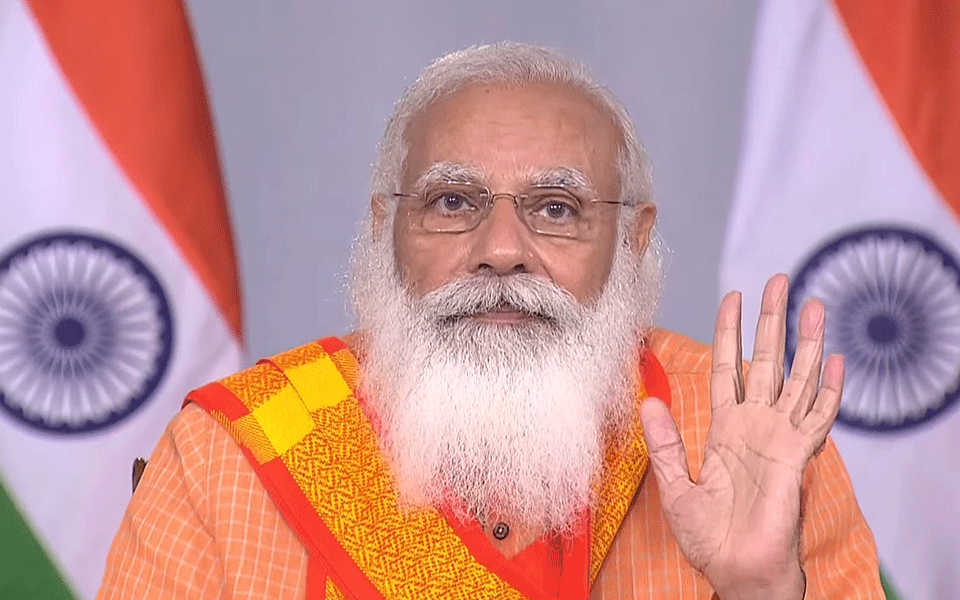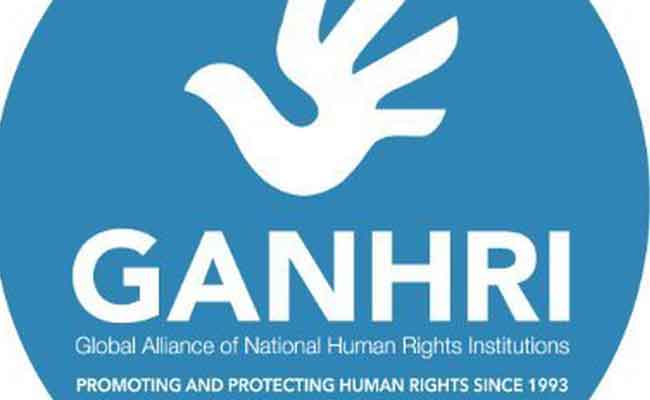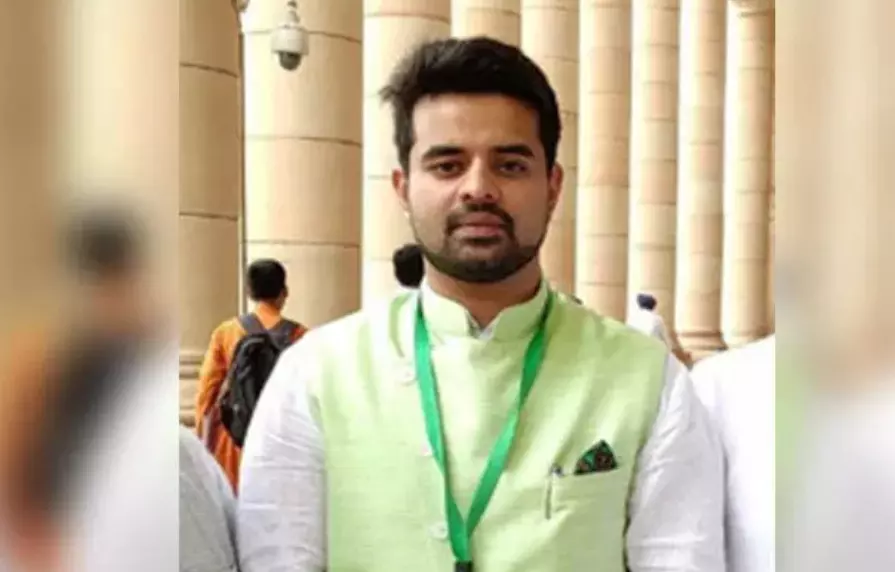New Delhi: Prime Minister Narendra Modi on Friday stoutly defended farm sector reform bills, asserting that they will act as a "protection shield" for farmers and accused those opposing the measures of standing with middlemen and "deceiving" and "lying" to peasants.
With opposition parties dubbing three bills, passed by Lok Sabha and now to be tabled in Rajya Sabha, as "anti-farmers" and the BJP ally Shiromani Akali Dal quitting his government to protest them, Modi refuted their criticism, saying these laws will unshackle farmers by allowing them to sell their produce anywhere by negotiating a better price.
He asserted that the government purchase of farm produce will remain, adding that the mechanism of minimum support price will continue in the same way it always has.
At a virtual event to launch several rail projects in Bihar, Modi said his government is committed to providing farmers appropriate price through the MSP, and asserted that no government has done as much for the farming community as the BJP-led National Democratic Alliance in its six years in power since 2014.
Farmers of the country are aware and can see who are standing with middlemen, who "pocketed"profits meant for them, and opposing new opportunities being provided for them through these measures, he said.
The prime minister said the Congress had also promised in its manifesto what his government has now done through these bills, as he attacked the opposition party for fanning protests against these proposed legislations.
Without naming it, he launched a blistering attack on the Congress, saying those who remained in power for decades are trying to "mislead" farmers and "lying" to them on the agriculture bills.
Lok Sabha had passed two bills on Thursday and another bill earlier with the government asserting that they will open new avenues for farmers by unshackling them from existing mechanism and allowing them to enter into agreements with private parties to sell their produce.
Let the Truth be known. If you read VB and like VB, please be a VB Supporter and Help us deliver the Truth to one and all.
Geneva: India’s human rights accreditation status is under scrutiny as the Global Alliance of National Human Rights Institutions (GANHRI) prepares to review the country’s processes this week. The National Human Rights Commission (NHRC) faces potential downgrading from its current “A status” due to concerns raised in 2023, including the lack of pluralism, the appointment of police officials and ruling party members to the NHRC, and the absence of gender and minority representation.
The decision on India's accreditation status will impact its ability to vote at the UN Human Rights Council and some UNGA bodies. The Sub-Committee on Accreditation (SCA) of GANHRI will conduct the review, which occurs every five years for each member of the 114-member alliance. India, which has been accredited since 1999, had its status deferred in 2016 but restored after a year.
The NHRC has defended its composition, stating that the presence of government officials, including the Secretary-General and CEO, enhances its effectiveness. However, criticisms include the involvement of police officers in investigations, lack of gender and minority representation, and political affiliations of some members with the ruling party.
The Ministry of External Affairs (MEA) has engaged with countries involved in the review process to present India's case diplomatically. Despite confidence in restoring its A status, the government emphasizes that it does not focus on "external certifications" of India's human rights record.
International civil society organizations, including Amnesty International, Human Rights Watch, and CIVICUS, have raised concerns about increasing restrictions on civil society and discrimination against minorities in India. They urge GANHRI-SCA to amend the NHRC's rating to reflect its failure to comply with the Paris Principles and address the deteriorating human rights situation in India.
The Ministry of External Affairs has criticized the U.S. State Department's latest human rights report on India as biased and reflective of a poor understanding of the country. It further stated that it attaches no value to the report and urges others to do the same.





